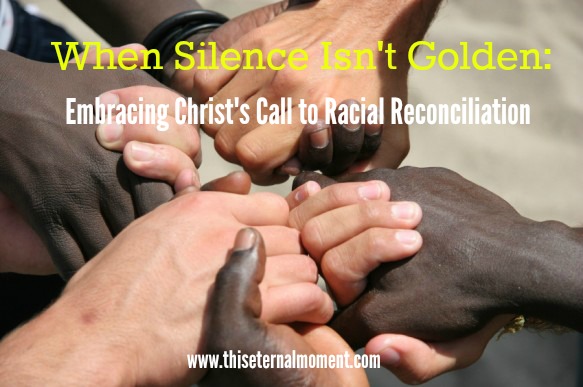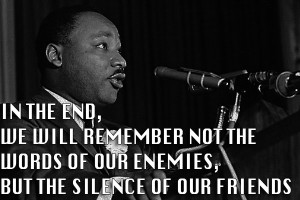
“A frail old man went to live with his son, daughter-in-law, and a four-year old grandson. The old man’s hands trembled, his eyesight was blurred, and his step faltered.
The family ate together nightly at the dinner table. But the elderly grandfather’s shaky hands and failing sight made eating rather difficult. Peas rolled off his spoon onto the floor. When he grasped the glass often milk spilled on the tablecloth.
The son and daughter-in-law became irritated with the mess. “We must do something about grandfather,” said the son. I’ve had enough of his spilled milk, noisy eating, and food on the floor. So the husband and wife set a small table in the corner. There, grandfather ate alone while the rest of the family enjoyed dinner at the dinner table. Since grandfather had broken a dish or two, his food was served in a wooden bowl. Sometimes when the family glanced in grandfather’s direction, he had a tear in his eye as he ate alone.
Still, the only words the couple had for him were sharp admonitions when he dropped a fork or spilled food. The four-year-old watched it all in silence.
One evening before supper, the father noticed his son playing with wood scraps on the floor. He asked the child sweetly, “What are you making?” Just as sweetly, the boy responded, “Oh, I am making the bowl for you and mama to eat.” The four-year-old smiled and went back to work.
The words so struck the parents that they were speechless. Then tears started to stream down their cheeks. Though no word was spoken, both knew what must be done. That evening the husband took grandfather’s hand and gently led him back to the family table. For the remainder of his days he ate every meal with the family. And for some reason, neither husband nor wife seemed to care any longer when a fork was dropped, milk spilled, or the tablecloth soiled.” – The Wooden Spoon (An Ancient Tale)
How to Improve Family Relationships – 5 Tips

The ancient tale above serves as a great reminder that how we treat our family members matters greatly. Our children are watching and learning from our interactions every day – what are we teaching them by our example?
Our family has the capacity to build us up and to wound us more than anyone else. They can bring out our best and our worst – sometimes all in the same day.
One thing I have learned as I have grown older and had children of my own is that the impact and effect of family relationships runs deep and lasts a lifetime.
Here are 5 Tips I am slowly learning to implement in order to improve my relationships with family members:
1) Release Your Expectations – Healthy relationships are interdependent, not co-dependent. Our family members will often disappoint us. They may often fail to meet the expectations that we have for them. The truth is that in order to appreciate them for what they can do, we must release them from what they can’t.
2) Forgive Often and Without Limitation – If we are going to live in a healthy and functional family unit, we must admit that we are flawed, broken people bumping into each other and often hurting one another – whether intentionally or unintentionally. When there is a premise of love and forgiveness as a foundation for relationships, we can grow together and emerge from conflict stronger than we were before.
3) Stop Being the Judge – There are many times we may disagree with choices our family members make. Fight battles that are really worth it and leave the judging to God. He alone knows the thoughts and intents of the heart.
4) Take a Good Look in the Mirror – Be self-aware of the issues and drama that you (yes, you!) bring into your family. We all have our junk and it must be accounted for. Approaching family relationships with humility will do a lot for opening strong doors for relational bonding and intimacy.
5) Learn to Laugh Together – One thing I love about my husband’s family and my own is that over the decades we have our stories – stories that have bonded us and made us who we are today. We can look back together and laugh at experiences we have been through that grew our relationships and gave us lasting memories.
As we learn to laugh about moments that in the past were tense, awkward, difficult, or just plain funny, we find healing and remember not to take life so seriously all the time.
Prioritizing healthy family relationships will benefit generations to come. What has helped you over the years to improve your relationships with your immediate and extended family members?





